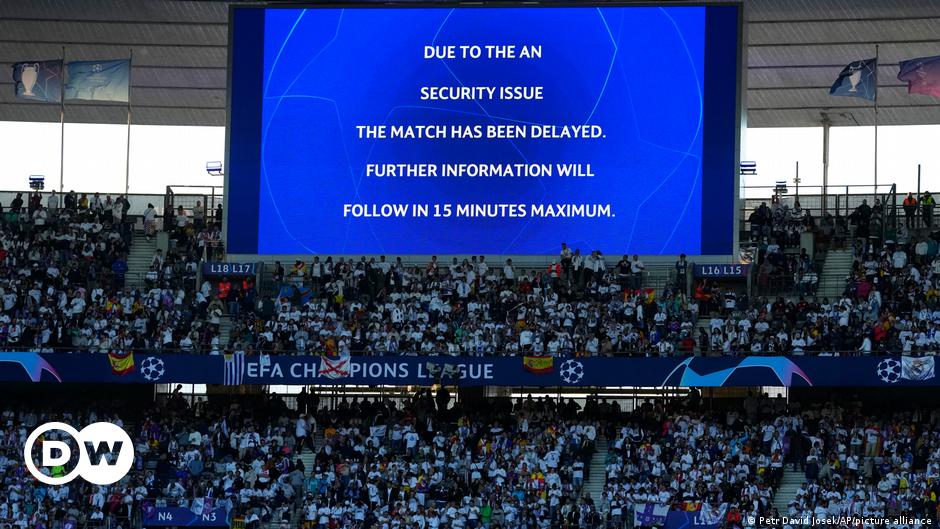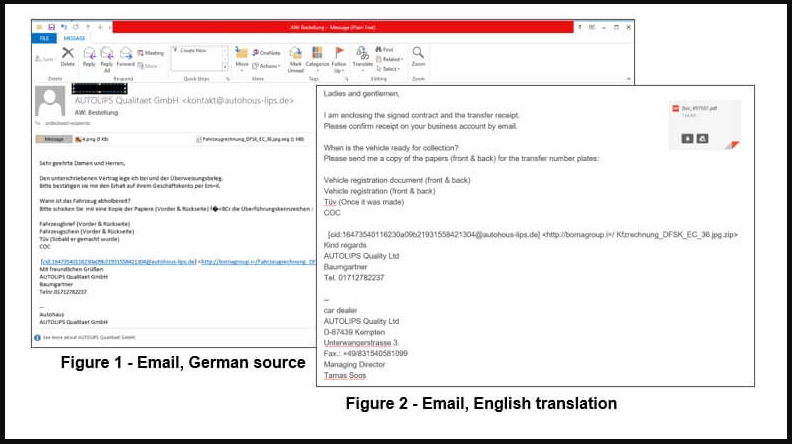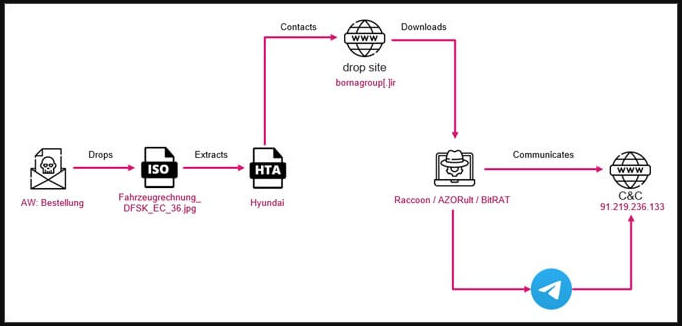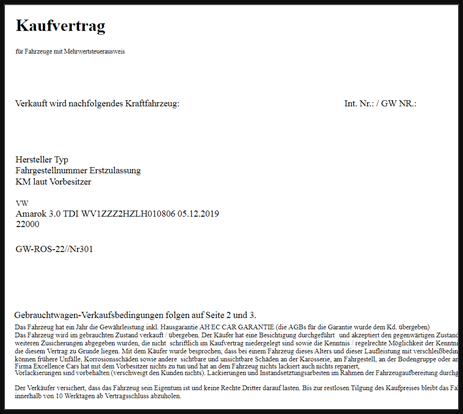German politicians hail capture of suspected Russian ‘mole’ – DW – 12/23/2022
German politicians of various stripes lined up on Friday to warn against the dangers of Russia’s hybrid warfare strategy, after the arrest of an alleged Russian spy working inside Germany’s foreign intelligence agency, the BND.
The man, a German national named only as Carsten L., is thought to have passed classified information to Russia while working for the BND. For security reasons, the intelligence agency has refused to release any further details about the suspect, the extent of the leaks, or about any further contacts he may have had. His home and offices have been searched by prosecutors.
“This is a wake-up call to everyone that Russia makes no exception to spying on us, too. To destabilize our system, the Federal Republic. And all the stops are being pulled out,” said Marie-Agnes Strack-Zimmermann, head of the parliament’s defense committee and member of the neoliberal Free Democratic Party (FDP), the smallest member of the three-party coalition government.
“This makes it clear, regardless of whether you are a top or middle or whoever agent, that Russia is trying to obtain information using all methods,” she told public broadcaster BR. “This second battlefield, as I call it, has existed for decades. Namely, the espionage, the cyber war, to influence us or to get information.”

Hybrid warfare
Nils Schmid, a foreign policy spokesman for Chancellor Olaf Scholz’s center-left Social Democratic Party (SPD), struck a similar note. “This indicates that the temptation to spy is also present in Germany and that we have to be very attentive to the influence of Russia in Germany,” he said to DLF public broadcaster on Friday. “So it’s not just about the military threat, it’s about hybrid warfare.”
Schmid agreed with BND President Bruno Kahl, who said the case underlined the unscrupulous nature of Russia’s methods. “Russia has seen itself in a conflict, indeed in a war with the West for years and thinks that all means are permissible,” he said. “Murder of opposition members on German soil and, indeed, espionage.”








